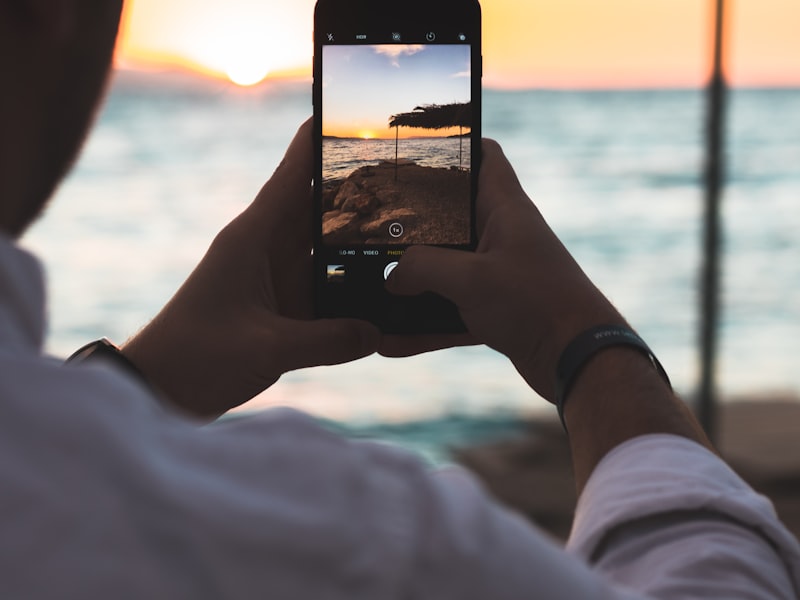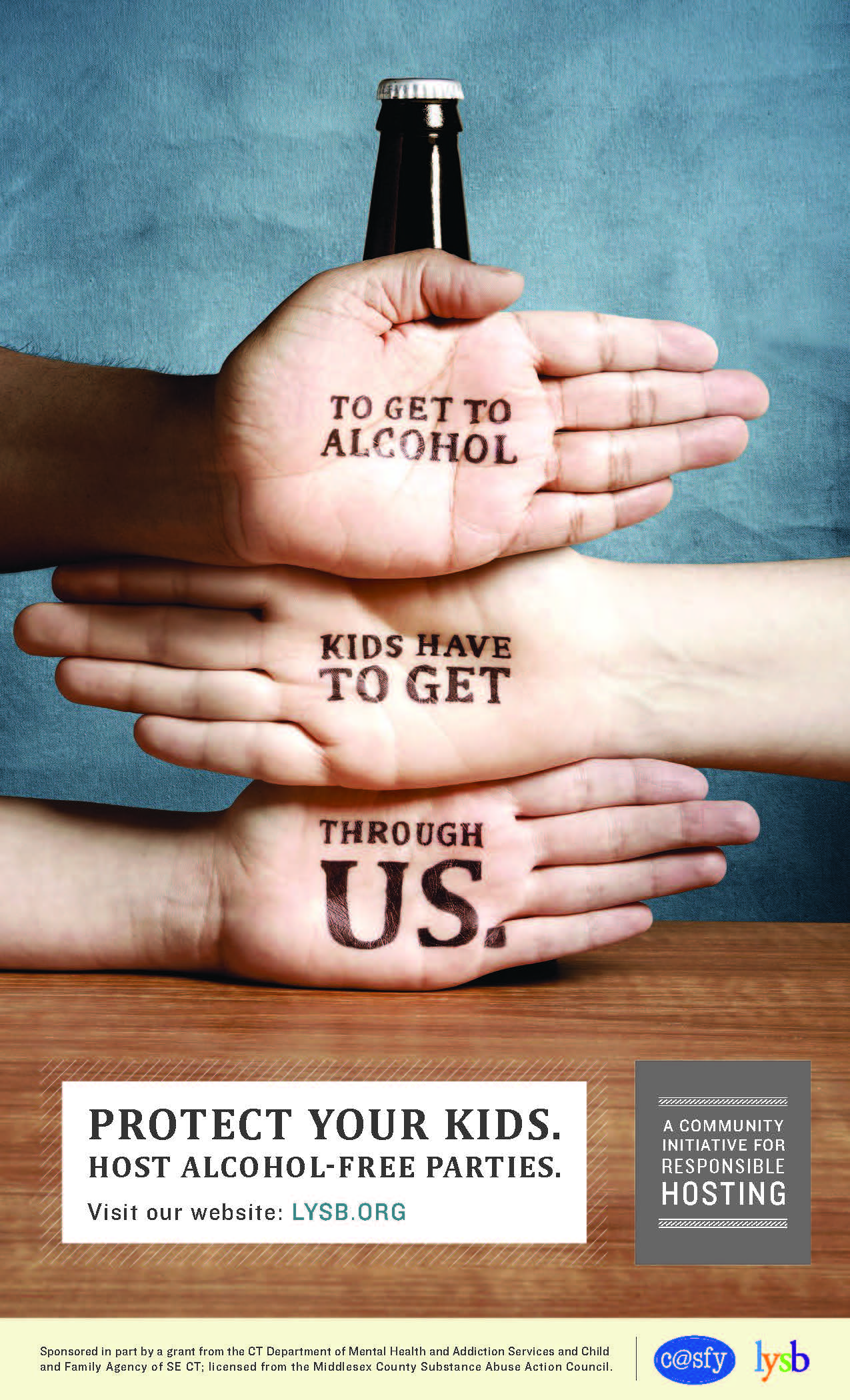3 Easy Facts About "When Fear Takes Hold: Uncovering Anxiety Symptoms in Men" Described

Confronting the Stigma: Shedding Light on Male Anxiety
Stress and anxiety is a common mental health concern that has an effect on individuals irrespective of their gender. Nevertheless, societal expectations and fashions typically stop males from honestly discussing and looking for support for their stress and anxiety. The judgment encompassing male anxiousness not merely perpetuates hazardous gender standards but also impedes the well-being of numerous men. It is opportunity to lost illumination on this problem and promote talks that advertise understanding, compassion, and assistance for male anxiousness.
Stereotypically, males are anticipated to be solid, calm, and in control of their emotional states. This requirement develops a barrier for males to express weakness or look for support when they are struggling with stress. Rather of reaching out for Found Here , several guys internalize their sensations and experience calmly.

One explanation behind this preconception is the societal thought that stress and anxiety is a indication of weak point or incompetence in males. From an very early age, children are typically showed to decrease their emotions and "man up." Showing worry or anxiety can easily be seen as unmanly or also emasculating. As a end result, a lot of guys feel ashamed or ashamed regarding their distressed thought and feelings and attempt to hide them.
One more adding variable to the judgment attached to male anxiety is the shortage of depiction in media and pop society. Guys are hardly depicted as troubled characters in movies or TV program unless it serves as a punchline or a resource of witty relief. This portrayal reinforces the idea that anxiousness is not something severe that has an effect on guys but instead something ludicrous to chuckle at.
The repercussions of this stigma are far-reaching. Men who strain with anxiety frequently go through alone without finding qualified support or trusting in buddies and family members participants. The internalized shame can easily intensify symptoms of anxiousness, leading to extra intense mental health problems such as clinical depression or substance misuse.
It is vital for society as a whole to test these fashions bordering male stress and generate an atmosphere where available discussions concerning psychological health are encouraged and assisted. Below are a handful of measures we may take to challenge the judgment:
1. Learning: Advertise understanding and understanding of mental wellness concerns, consisting of stress, by means of education and learning projects in institutions, workplaces, and areas. Through delivering correct details regarding anxiousness conditions and unmasking myths, we can easily assist damage down the judgment.
2. Motivate Seeking Support: Focus on the significance of finding expert assistance for psychological health issues. Males must be encouraged to reach out to specialists or consultants without anxiety of opinion or shame.
3. Foster Support Networks: Make risk-free areas for guys to review their anxieties along with others who might be experiencing similar problem. Help teams or on the web forums can supply a feeling of area and verification.
4. Challenge Gender Stereotypes: Urge men to welcome susceptability and reveal their emotional states honestly without worry of being judged as unsteady or unmanly. Through challenging typical gender rules, we generate an broad society that values emotional well-being for all.
5. Portrayal Matters: Proponent for extra diverse portrayals of guys in media that include characters along with stress ailments. Beneficial imitations can aid normalize anxiety in males and motivate individuals to find help when required.
Cracking the preconception bordering male anxiousness calls for collective initiative from people, neighborhoods, medical care professionals, and policymakers alike. Through dropping illumination on this issue and nurturing open conversations regarding mental wellness, we may develop a more understanding culture where no one feels ashamed or on your own in their battle.
It is higher opportunity we confront the stigma neighboring male anxiousness head-on and work in the direction of destigmatizing psychological wellness problem experienced by males. Let us encourage compassion, help, and understanding so that no man feels muted through social assumptions but instead encouraged to find assistance when required.
